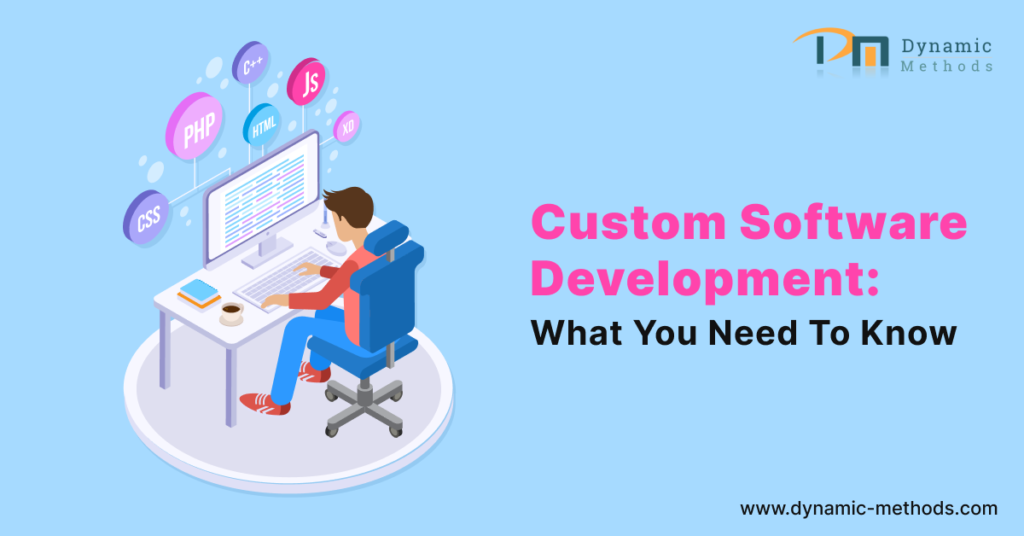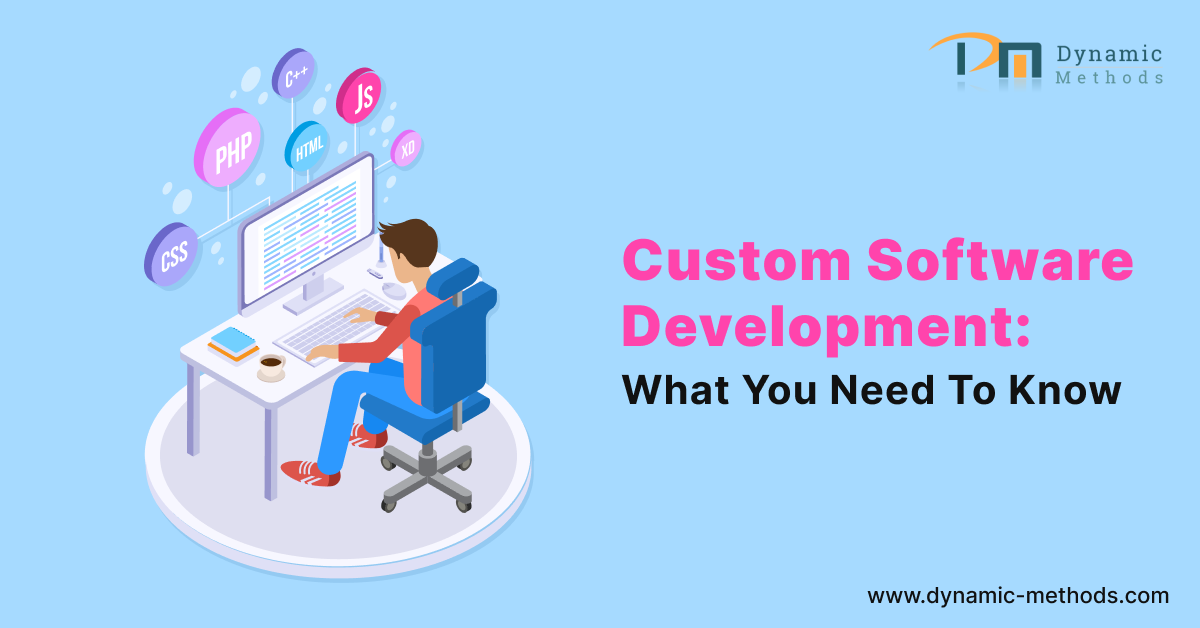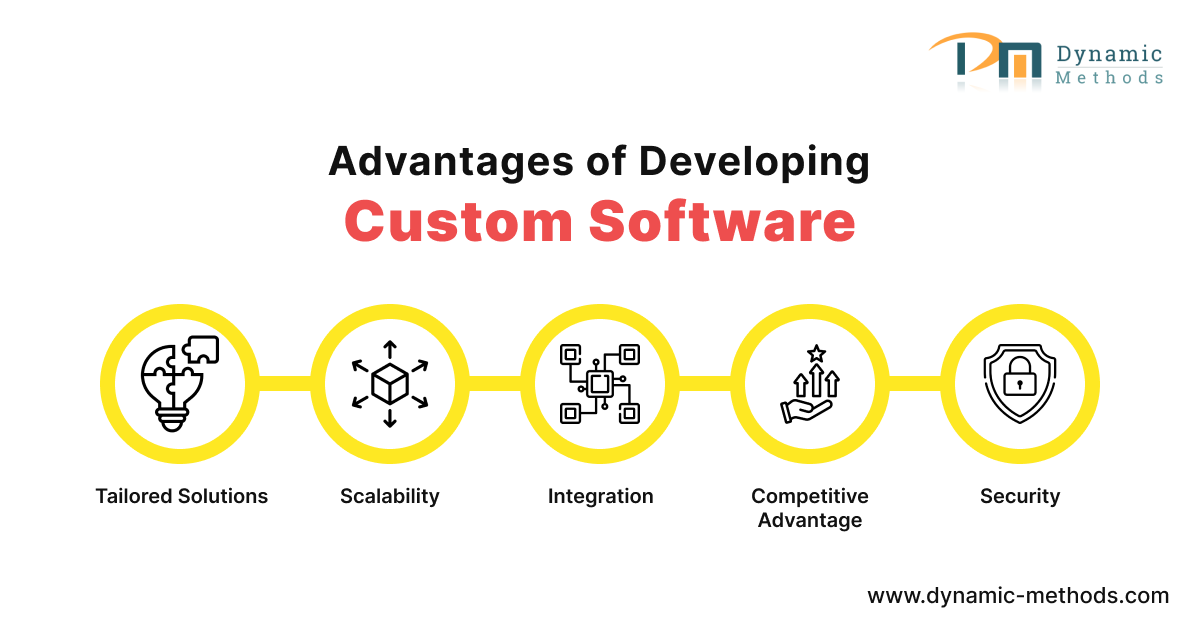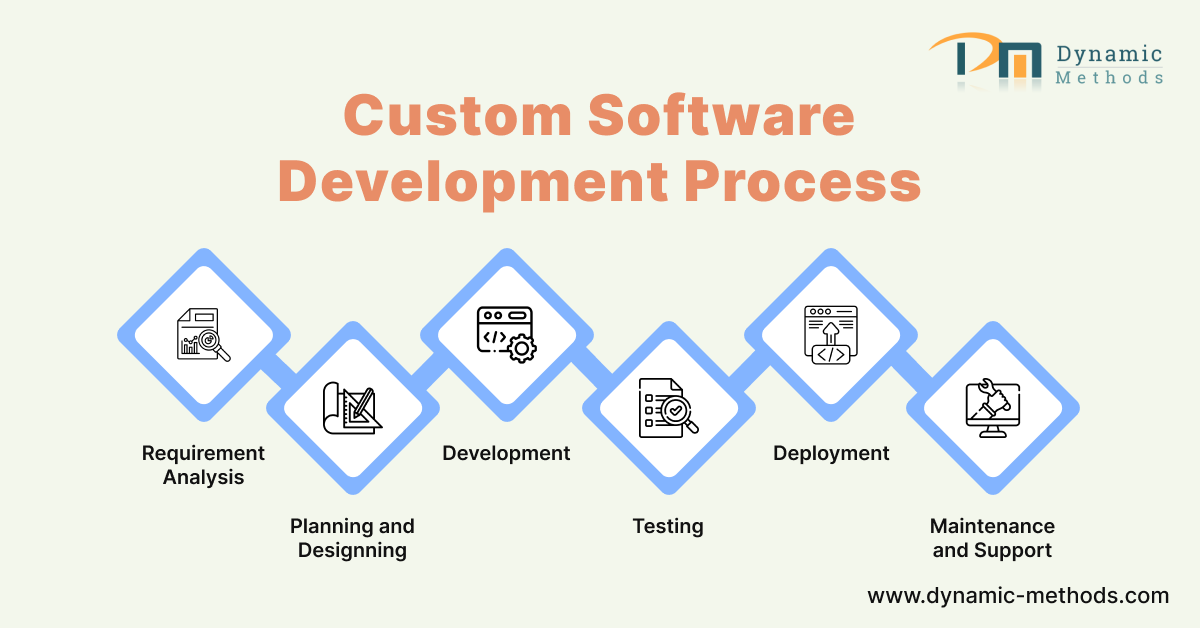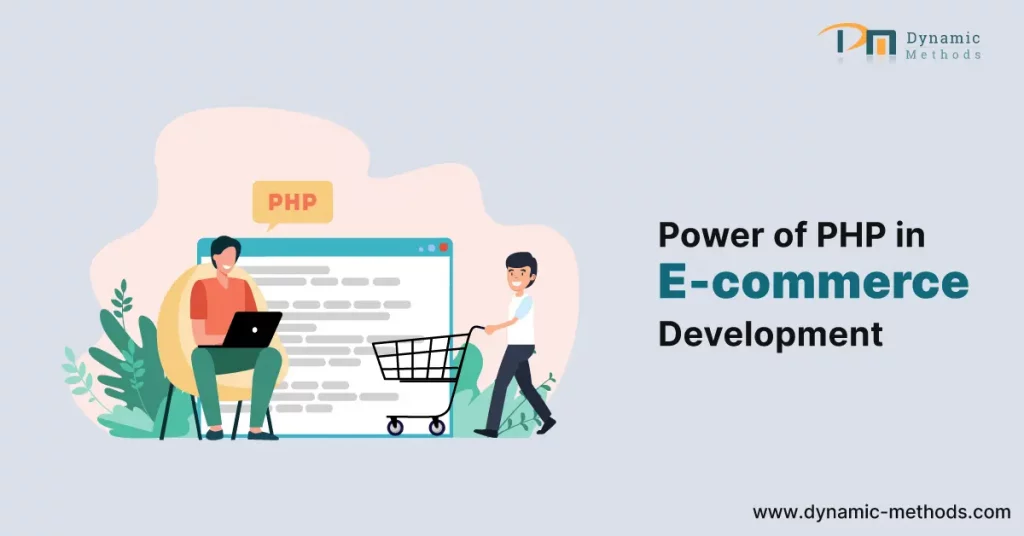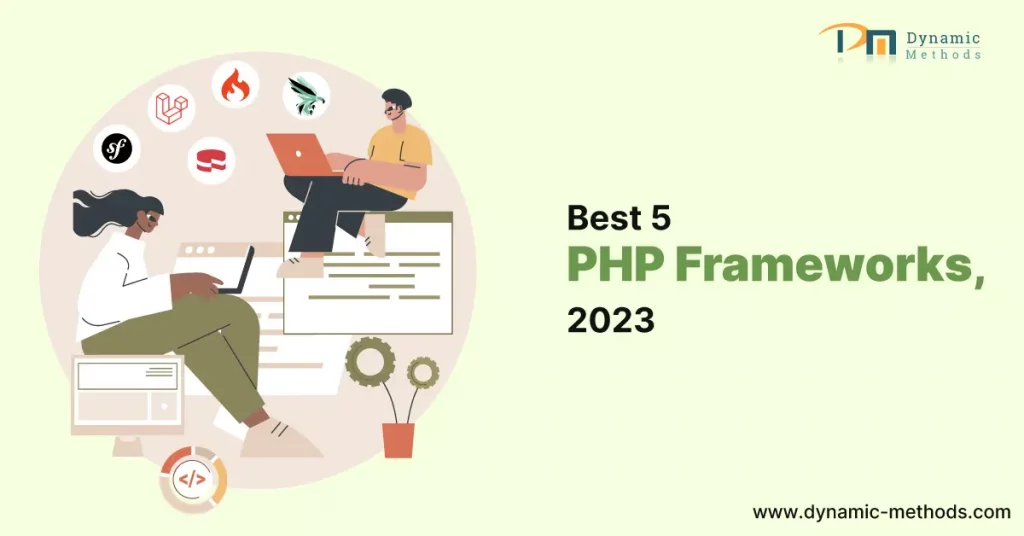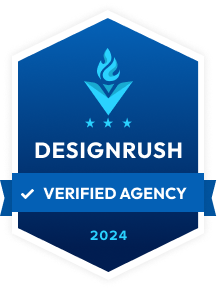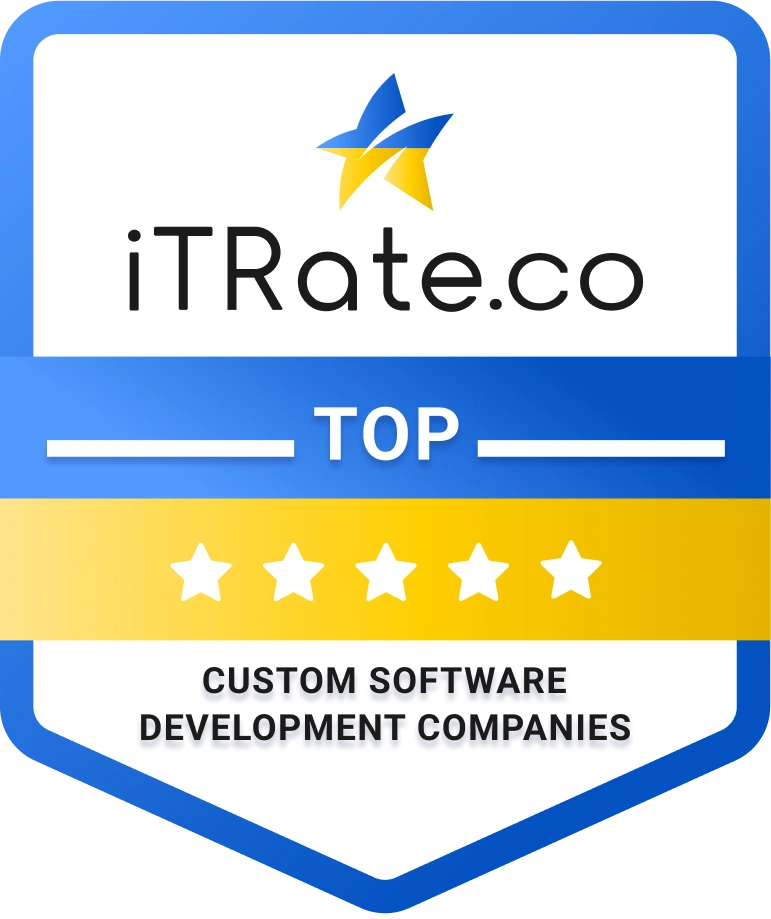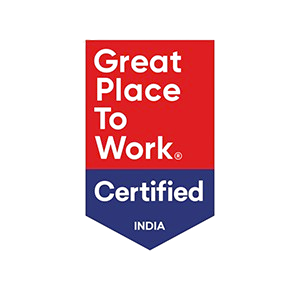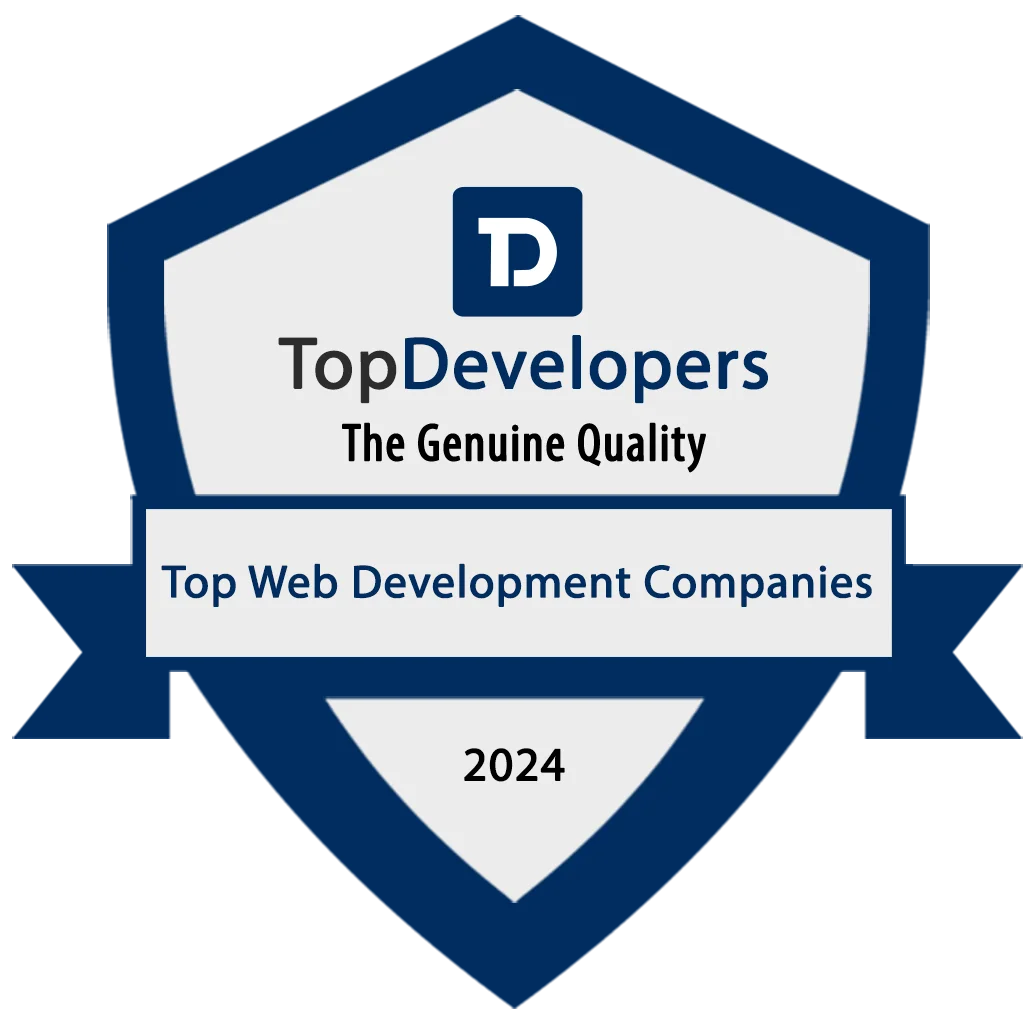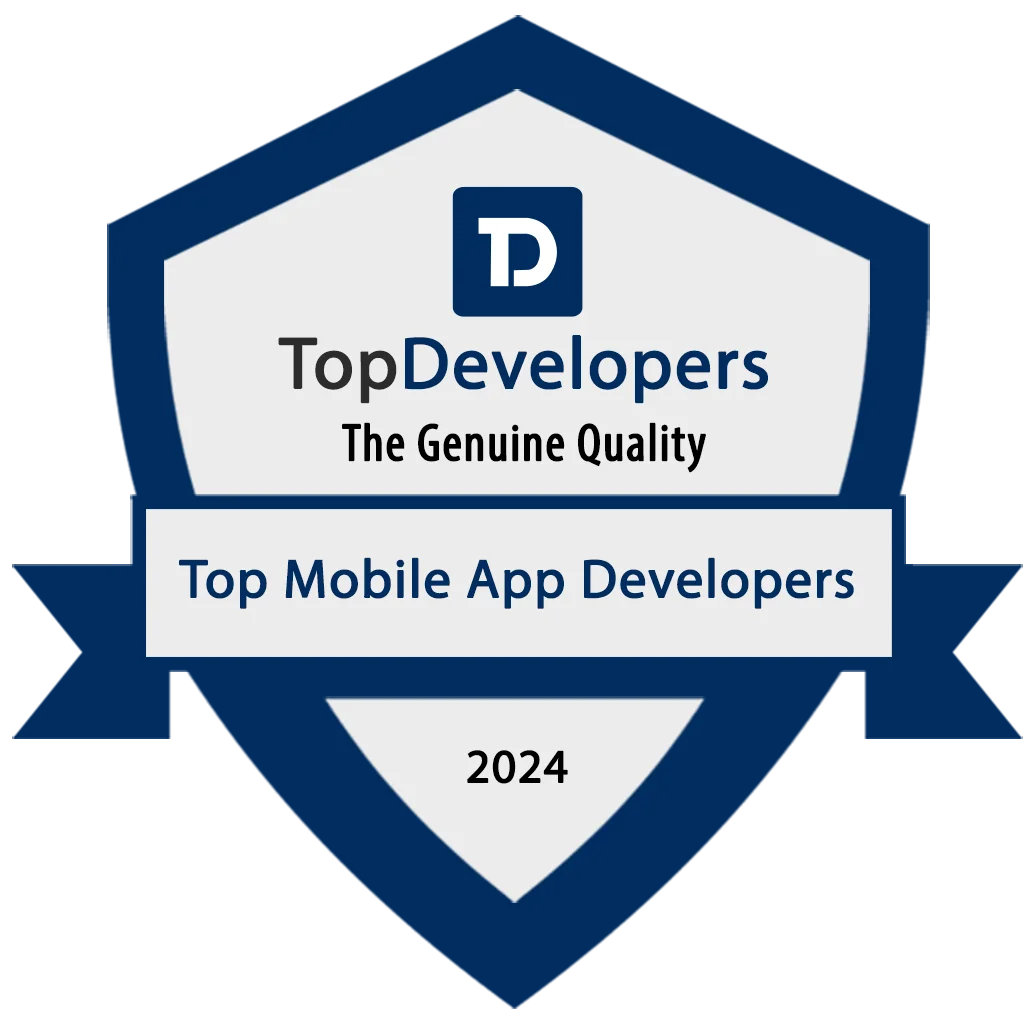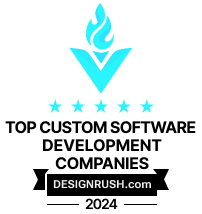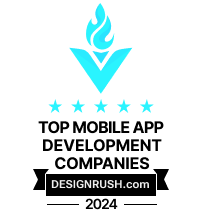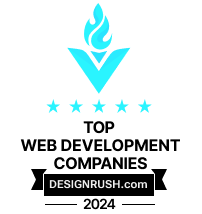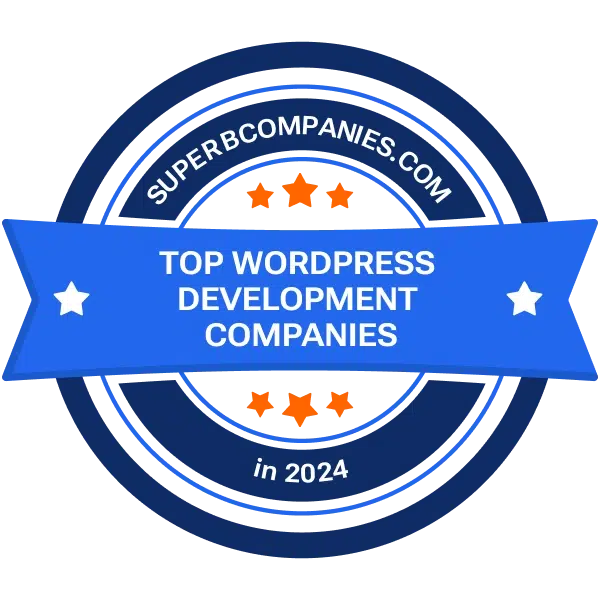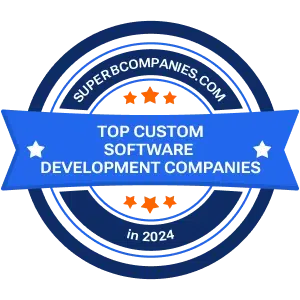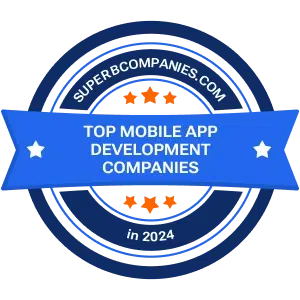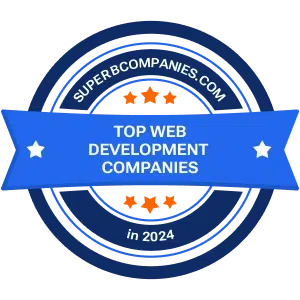Choosing the Right Web Development Framework For Your Project
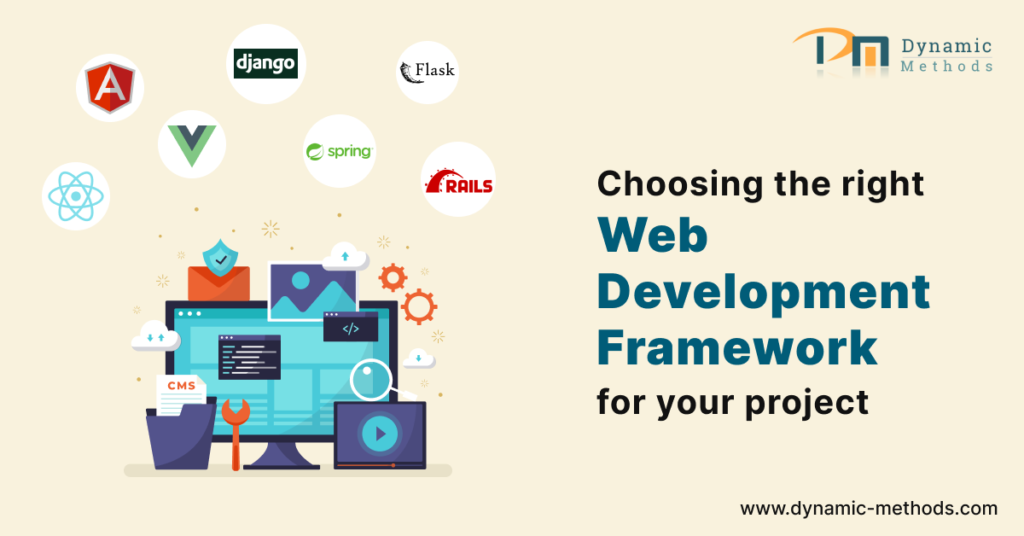
Selecting the right web development framework is crucial for the success of your web project. With numerous frameworks available, each offering unique features and advantages, making an informed choice can be daunting. This guide will help you navigate the landscape of web development frameworks and identify the one that tops the list for your specific needs. We will explore the most popular frameworks, their key features, and the scenarios in which they excel.
Understanding Web Development Frameworks
Most Popular Web Development Frameworks
1. React

- Overview: Currently, React is a JavaScript library used for deploying user interfaces, with its headquarters at Facebook. It is notable for its hyped declarative, component-based design model.
- Key Features: Fast – Virtual DOM and does not need a lot of micro-libs, Strong community, and good documentation.
- Best For: Single-page applications, dynamic user interface: the concepts and terms.
- Why It Tops the List: The strength of React is its versatility and speed which place it among the most appropriate tools to build contemporary web applications.
2. Angular
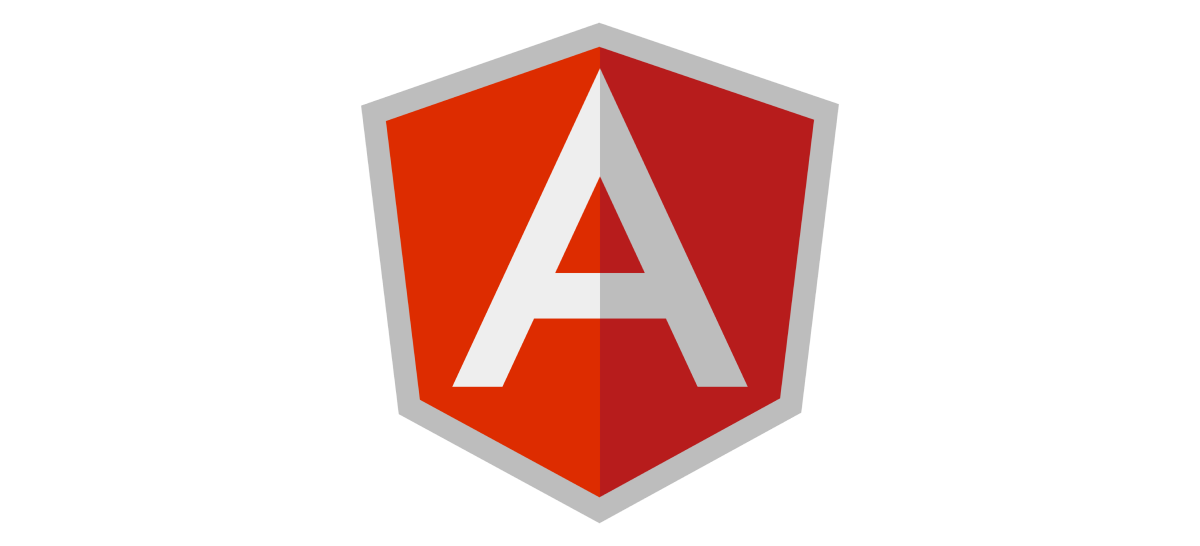
- Overview: Angular, a product of Google is an Integrated structural framework for building interactive Web Apps. It also uses a language known as TypeScript, which is considered to be a lot stronger than JavaScript.
- Key Features: Two-Way Data Binding: Through this feature, you can connect your HTML to backend code and vice versa thereby allowing you to control the application elements without complex coding.
- Best For: Business-critical workflows, resource-intensive applications, and large-scale single-page applications.
- Why It Tops the List: On the whole, Angular is very stable and is equipped with myriad of tools that can benefit very Large applications.
3. Vue. Js
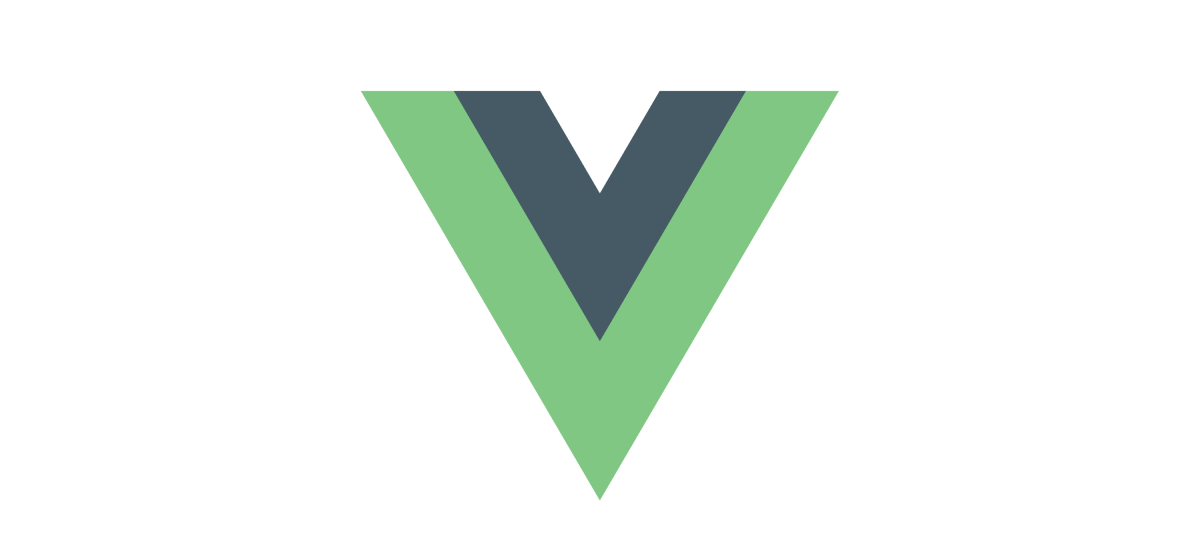
- Overview: Vue. js is a progressive JavaScript dedicated to providing building solutions. This is developed to be less risky, additionally, it can be adopted incrementally, even partially.
- Key Features: It is easy, flexible, and works through reactive data binding.
- Best For: Projects with an extensive scope, projects that require partial implementation, and projects that require time to be integrated into the organization are typical for implementation through SPAs.
- Why It Tops the List: Vue.js strikes a balance between React and Angular, offering ease of integration and performance.
4. Django
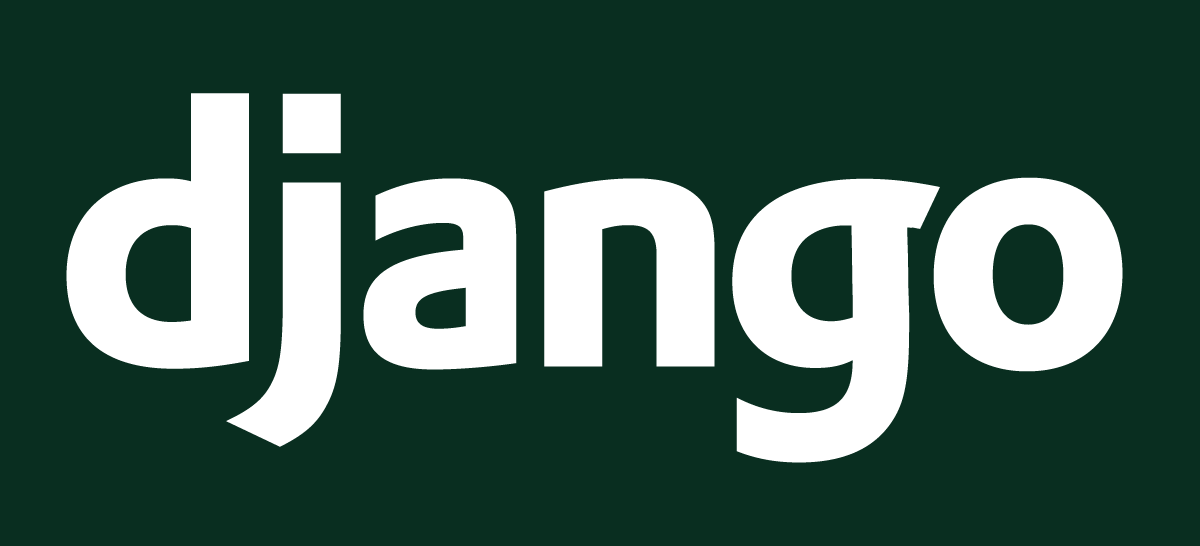
- Overview: Django is a web development framework with the use of Python language that supports the idea of having fast and clean development.
- Key Features: Integrated ORM functionality, admin panel, robust protection measures.
- Best For: These include analytical apps, apps as a service, apps with heavy back-ends.
- Why It Tops the List: Therefore, Django has become an appealing option for backend development mainly because of its “batteries-included” principle and security advantages.
5. Ruby on Rails
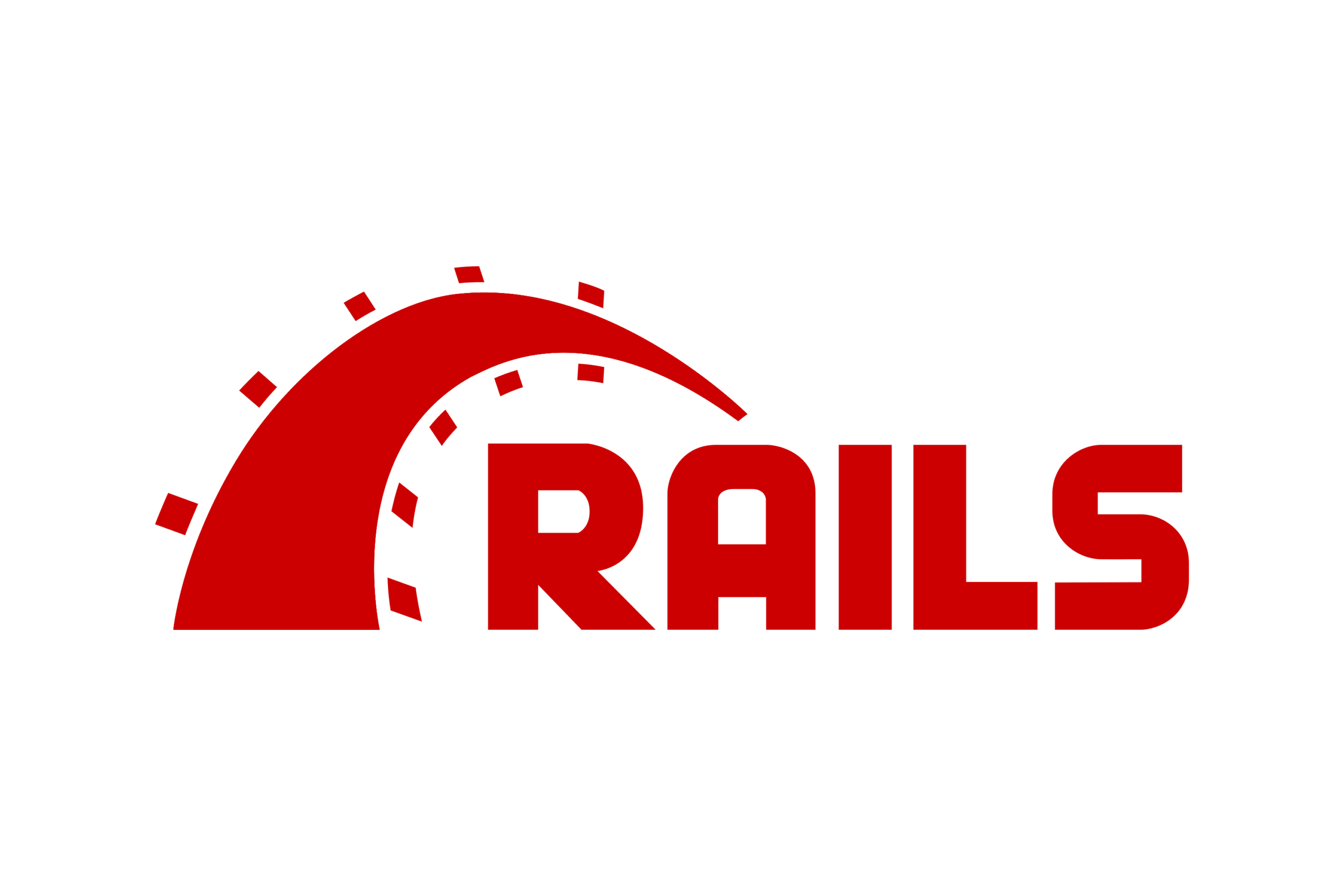
- Overview: Ruby on Rails is a free, open-source web application framework that uses Ruby as its base programming language. The software development process implemented here adheres to the CoC (convention over configuration) and the DRY (don’t repeat yourself) principles.
- Key Features: The last one includes, for example, MVC architecture, number of additional libraries (gems), and an active community.
- Best For: Proactive development, when needed fast application development, and if it is needed, prototyping.
- Why It Tops the List: I have also discovered that the focus on conventions and the productivity of the framework is one of the strongest suits of the Rails framework in helping developers create applications.
6. Spring Boot
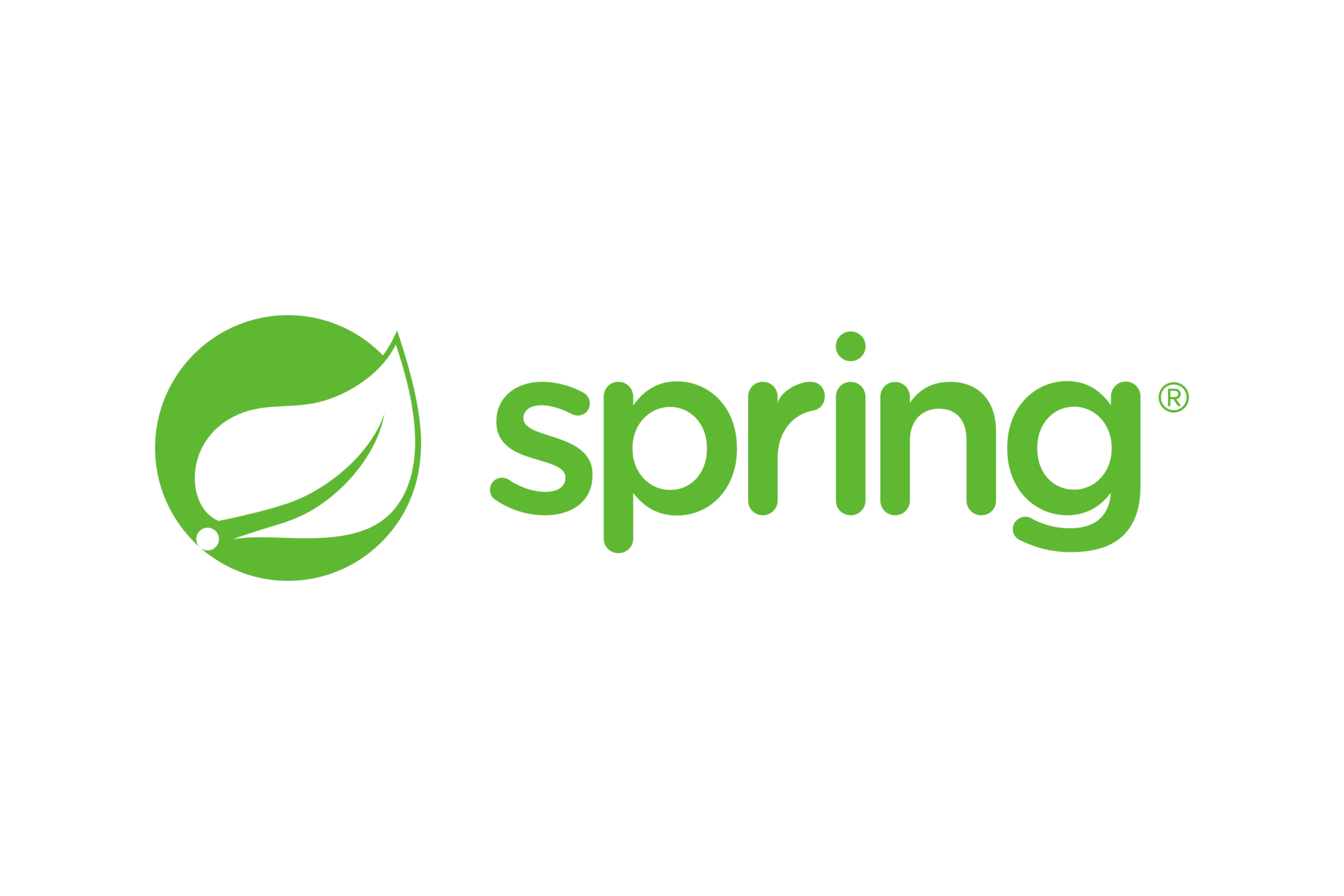
- Overview: On the other hand, Spring Boot is defined as a spring framework that aims at easing the development of automatic Spring applications.
- Key Features: The fact that Tectia Server automatically configures itself for usage, as well as the support that microservices provide to the product makes it rather versatile in its ecosystem.
- Best For: Enterprise applications, integration of application with other applications in organizations, microservices architecture.
- Why It Tops the List: Many working with large and complex Java applications will agree with me that Spring Boot is now one of the best solutions when it comes to developing enterprise applications.
7. Flask

- Overview: Flask is a lightweight and fast web framework for developing applications in Python. It is easy to use and can be flexible depending on the users and their needs.
- Key Features: Versatile, relieves the burden on the key worker; requires little space; well-documented.
- Best For: Smaller projects RESTful APIs and prototyping would be some of the areas that can be associated with the application of the structure.
- Why It Tops the List: Considering the fact that Flask is relatively lightweight and really easy to set up and to work with, it will work best for fast, small-scale development.
Choosing the Right Web Framework for Your Project
When selecting a web development framework, consider the following factors:
1. Project Requirements
- Complexity: Draw your overall estimate of project difficulty or its challenging factors. So, if you are going to work on a large-scale software system with deep-functionality integration, consider using Angular or Spring Boot, while for small-scale projects with limited functionality, Flask or Vue should be the appropriate choice. js.
- Scalability: Think about how your application will evolve in terms of its usage in the future. Django and Rails both feature scalability solutions that are ideal for projects that are expected to grow over time.
2. Language Preference
- If your team has expertise in a specific programming language, choose a framework that complements it. For example, use Django or Flask for Python, Spring Boot for Java, and Rails for Ruby.
3. Development Speed
- Ruby on Rail and Django frameworks provide the advantage of the rapid development of applications because of a significant number of libraries and standard patterns incorporated in them. These are best suited to executing projects that have standard and fixed timelines.
4. Community and Support
- A competency also encompasses the aspect of a strong community, and this means constant improvement and reinforcement. React, Angular and Django have many communities where resulting resources and help are highly available.
5. Performance
- Assess the essential performance requirements that have to be addressed by your application. React and Vue. js are widely used in constructing functional UIs with large interaction capabilities.
6. Security
- In the case of using firewalls, Django and Spring Boot integrate security for serious applications and can shield applications from basic or common attacks.
Conclusion
Selecting the proper working framework is one of the many critical decisions that determine the success of the Web project. React, Angular, and Vue. s are perfect tools for the development of the front end, as they allow to have great freedom in the coding process, have decent performance, and are supported by a vast community. In the use of backend frameworks, Django framework, Ruby on Rails, and Spring Boot are exceptional due to their ability to scale up, security, and solidity.
In the end, both frameworks offer distinct advantages depending on resource availability, language proficiency, and endeavor scope. These aspects can guide the decision of choosing a framework that fits more than the current state of your project but also the future as the framework grows in size. No matter you are going to design a website blog or an extensive business application, there’s a framework that stands out to be the best for your specific purposes.
Dynamic Methods is the best web application development company that provides web development services for small and large businesses. If you have any queries regarding the services and need any assistance then feel free to contact us.
Choosing the Right Web Development Framework For Your Project Read More »
